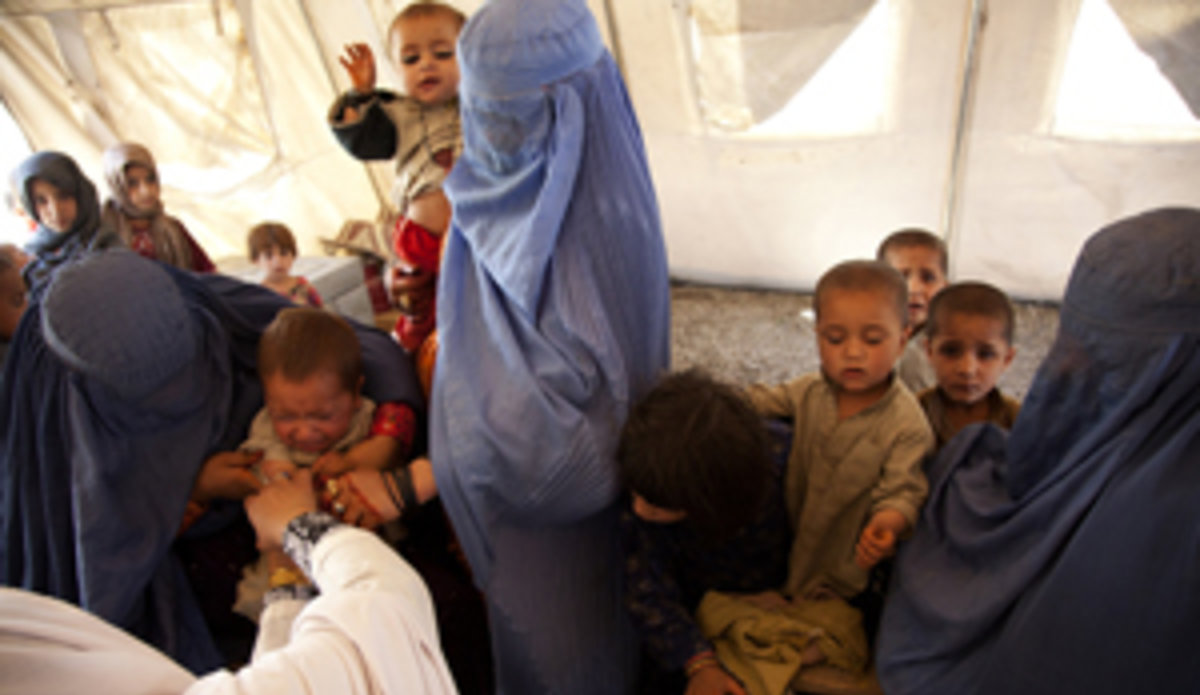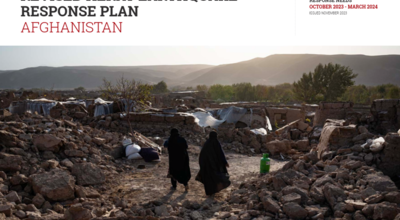UN supports mobile clinics in remote eastern Afghanistan
KABUL - Remote Afghan communities, including vulnerable children and pregnant women, are getting access to basic health services thanks to UN-supported mobile health teams.
The United Nations Children’s Fund (UNICEF) is working with the Department of Public Health to provide the teams in the most remote and inaccessible parts of Paktia and Paktika provinces, which are home to almost 120,000 people.
Each mobile team comprises a nurse, midwife, vaccinator and health educator/social mobilizer. They provide basic and primary health services including essential medicines for newborns, child health and immunization, maternal health and family planning, along with health, nutrition and WASH education.
Joint assessment teams with input from the Department of Public Health, the UN and NGOs selected the sites where the teams operate. Approximately 24,000 children aged under five and around 4,700 pregnant and lactating women live in the targeted areas.
The mobile teams are designed to assist vulnerable communities including through a reduction of maternal newborn and child mortality and morbidity.
According to UNICEF, Afghanistan has the second highest rate of under-five mortality in the world, with thousands of children dying every year. The under-five mortality rate is 101 per 1000 live births, the infant mortality rate is 73 per 1000 live births and the neonatal mortality rate is 36 per 1000 live births.
Across Afghanistan, UNICEF notes that every two hours a woman dies due to pregnancy related causes. Under the current conditions, approximately one in 50 women in Afghanistan has a lifetime risk of dying due to pregnancy related causes.
UNICEF support for the mobile teams included facilitation of training opportunities, assistance with the supply of essential medicines and equipment and support to the Department of Public Health to hire monitoring teams.
The programme, which began last month, will continue through this year, with the possibility of extension.
 UN
UN








